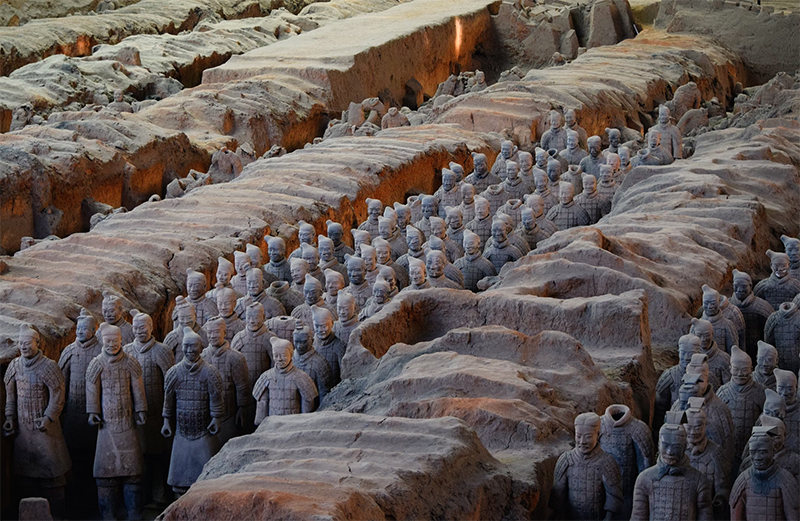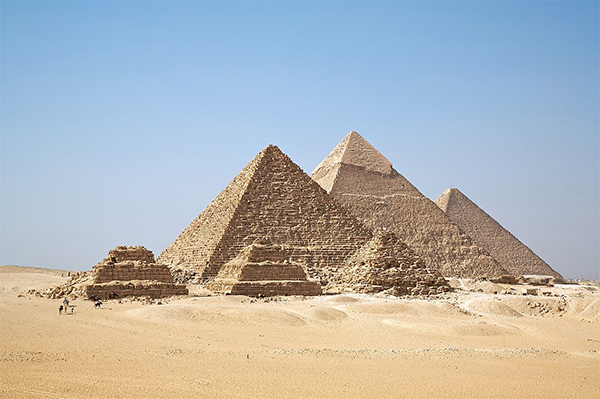Unraveling the Secrets of Lost Civilizations
Lost civilizations have always fascinated humanity, leaving us with countless questions about their existence, achievements, and ultimate demise. The elusive organizations, veiled in secrecy, still manage to intrigue archaeologists, historians, and enthusiasts of all kinds. By conducting thorough investigations and making revolutionary findings, scholars have progressively deciphered the enigmas of these vanished societies, illuminating their impact on our global community in terms of culture, technology, and social advancements.
The Mayans – a mathematical marvel
The mesmerizing Mayan civilization, renowned for its abundant past and remarkable cultural accomplishments, enthralls the mind with its mysterious presence in Mesoamerica from 2000 BCE to 1500 CE. The Mayans were renowned for their remarkable mastery of mathematics and astronomy, evident in their precise calendar system and elaborate hieroglyphic writing. Through the decipherment of archaic glyphs, valuable insights into the Mayan civilization have been acquired by researchers. Their spiritual beliefs, system of governance, and agricultural practices are all encompassed within this.
The Indus Valley Civilization – urban planning pioneers
The Indus Valley Civilization, dating back to 2500 BCE, flourished in the region that is now modern-day Pakistan and northwest India. This lost civilization developed remarkable urban planning techniques, with well-organized cities featuring advanced drainage systems and grid-like street layouts. Archaeologists have also discovered evidence of a sophisticated trade network, highlighting the economic prowess of this ancient society.
The Ancient Egyptians – masters of monumental architecture
When one thinks about civilizations that shaped the world, Ancient Egypt stands tall. Their architectural marvels, from the iconic pyramids of Giza to the beautifully designed temples of Luxor, remain a testament to their ingenuity. Recent archaeological finds, such as King Tutankhamun’s tomb and the enigmatic Sphinx, shed light on their spiritual customs, funerary rituals, and societal norms.
The Mesopotamians – pioneers of writing and law
Mesopotamia, nestled between the Tigris and Euphrates rivers, was a hub of innovations. One of its standout achievements was the creation of cuneiform, among the first scripts in history. This allowed them to document a range of subjects from literature to laws. The renowned Code of Hammurabi offers us a window into the legal minds of that era, highlighting their quest for justice and societal balance.
The Ancient Greeks – intellectual powerhouses
While Ancient Greece isn’t a “lost” civilization per se, their enduring impact on humanity is undeniable. The impact they made in various fields such as philosophy, mathematics, and the arts continues to resonate within contemporary society. Philosophers such as Socrates, Plato, and mathematicians like Pythagoras and Euclid laid the foundation for the subsequent waves of intellectual transformations.
Conclusion
Our journey through history, trying to decipher the enigmas of past civilizations, is a continuous one. Through archaeological digs, interpreting age-old manuscripts, and examining relics, scholars keep uncovering facets of our shared past. Societies like the Mayans, the Indus Valley denizens, the Egyptians, the Mesopotamians, and the Greeks exemplify the richness and creativity of human societies across time. By studying them, we not only honor their legacies but also enrich our understanding of human evolution and innovation.
1st and featured image by https://unsplash.com/photos/xZDWEEMS3sA
2nd image by https://commons.wikimedia.org/wiki/Category:Ancient_Egypt#/media/File:All_Gizah_Pyramids.jpg






